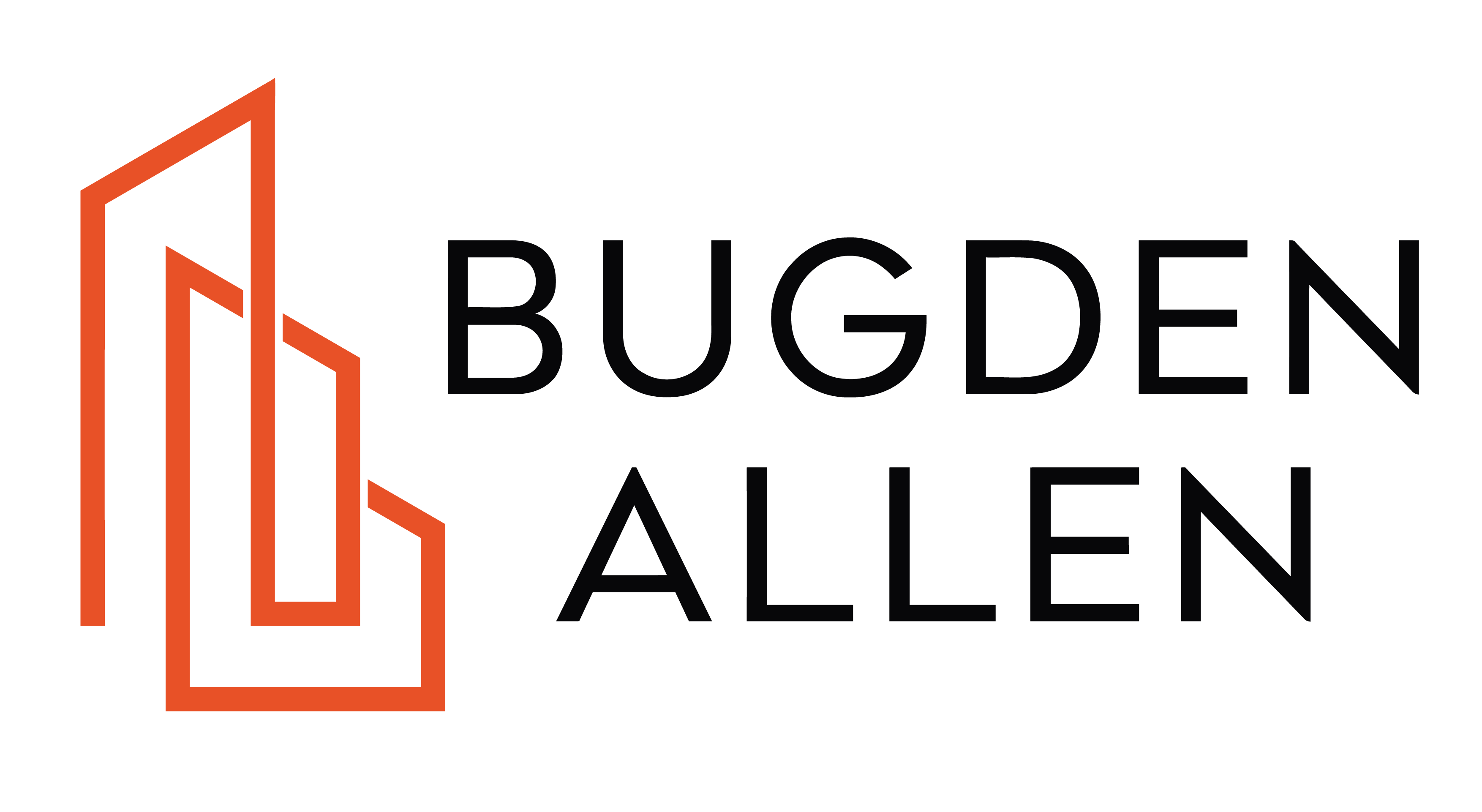There is a strong indication that adjudicators making orders in relation to disputes brought under the dispute resolution provisions of Queensland’s strata title laws are not required to have regard to the Human Rights Act 2019 (Qld) (HRA).
In Huang v Body Corporate for the Dorchester CTS 10749[1] the Queensland Civil and Administrative Tribunal Appeal Division (QCATA) found that Office of The Commissioner of Body Corporate and Community Management adjudicators do not have to consider a party’s human rights in making their determinations. Let’s unpick this to see where a party’s claim in relation to human rights failed:
- The Dorchester is an apartment complex at Surfers Paradise;
- A lot owner had exclusive use rights to an area of rooftop common property and constructed some bathroom facilities in the area concerned. Prior body corporate approval was not obtained for this work but the installation of the improvements was subsequently approved by a special resolution of the body corporate;
- Issues with water penetration through the rooftop area subsequently arose (seemingly independent of the lot owner’s installation). With two firms of engineers recommending differing methodologies to rectify the problem, the body corporate opted for the solution requiring removal of the bathroom facilities with no subsequent reinstatement to occur (i.e. the bathroom facilities were to be removed and were not to be reinstalled after waterproofing works). The body corporate cleared the way for this by passing a general meeting resolution rescinding its prior approval for the bathroom’s installation;
- In Queensland, body corporates are required to ‘act reasonably’ in their decision-making [2]. ‘Reasonableness’ in this context imports long-standing principles of administrative law, requiring the decision-maker to take account of all relevant considerations. Neither the body corporate or the owner referred to the State’s human rights legislation[3] in their submissions to the adjudicator, but a question of law in this appeal was whether the adjudicator was bound to consider such legislation. The appeal tribunal said:
“…., if the HR Act does apply and should have been considered by the adjudicator, and was not, then it may be that the 2022 resolution could be said to be unreasonable.”[4]
So the task of the appeal tribunal was to decide if that State’s human rights legislation applied to decisions of an adjudicator. It said it did not, because the activity of the adjudicator is of a ‘private nature’ and accordingly section 58(4) of the HRA prevented the substantive obligations otherwise applicable to a public entity being applicable in this instance. The reasoning flowed this way:
- it wasn’t disputed that an adjudicator is a ‘public entity’[5] to whom the HRA applies;
- if it applied, then per section 58 of the HRA it would be unlawful for the public entity to either act or make a decision in a way that is not compatible with human rights or, in making the decision, fail to give proper consideration to a human right relevant to the decision[6];
- section 58 of the HRA, which sets out the substantive obligations of a public entity to act consistently with the HRA, contains an exemption stating ‘this section does not apply to an act or decision of a private nature’;
- when it originally exists, the dispute between a lot owner and the body corporate is essentially of a ‘private nature’, and at that stage none of the parties are public entities to whom the act applies;
- the purpose of the dispute resolution provisions of the BCCMA is explained in section 228 of that act, stating that the chapter “establishes arrangements for resolving, in the context of community title schemes, ….. disputes about …(b) the exercise of rights or powers, or the performance of duties under this Act or community management statements”;
- the dispute does not cease to be of a ‘private nature’ simply because an adjudicator has, by force of the BCCMA, power to make a decision for resolution of the dispute;
- with the dispute being about the rights and obligations of the parties under the BCCMA, adding consideration of the HRA would ‘add (s) another layer to that process that goes beyond the practicality of resolving disputes between private entities’[7]; and
- an interpretation this way is consistent with the objects of the main objects of the HRA, which are stated ‘to help build a culture in the Queensland public sector that respects and promotes human rights’.
This decision does not necessarily prevent parties to BCCMA disputes claiming that the adjudicator must have regard to the HRA but it can be expected that adjudicators will rely on this decision in deciding that they cannot do so.
– Phil Pennington, Special Counsel
[1] [2024] QCATA 64
[2] Section 94 Body Corporate and Community Management Act 1997 (Qld) (‘BCCMA’)
[3] Human Rights Act 2019 (Qld)
[4] See paragraph 59 of QCATA’s decision
[5] see section 9 HRA which explains what a ‘public entity’ is
[6] To paraphrase section 58(1) of the HRA
[7] See paragraph 81 of QCATA’s decision
© Bugden Allen Group Legal Pty Ltd. All information contained in this article is of a general nature only and you should obtain specific legal advice in relation to any property-related affairs on any of the topics mentioned.




